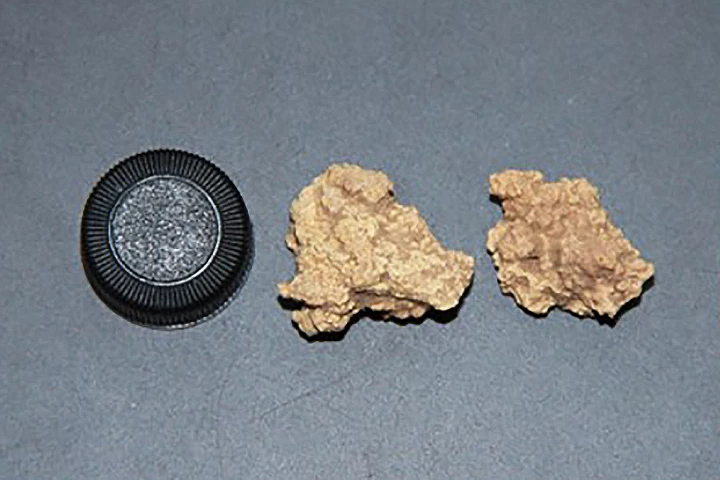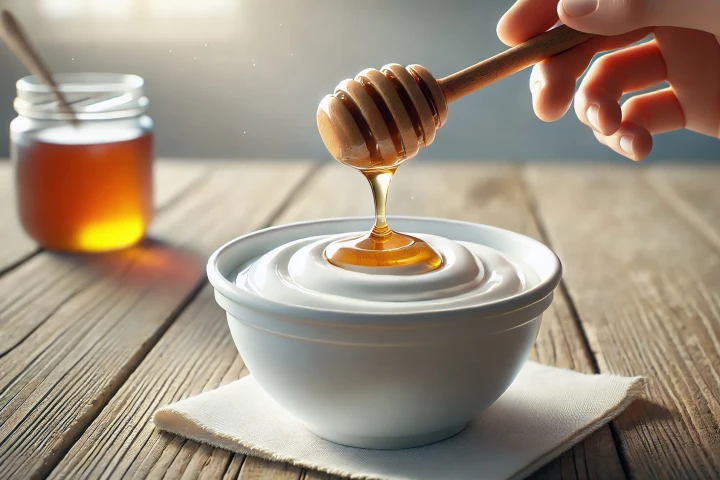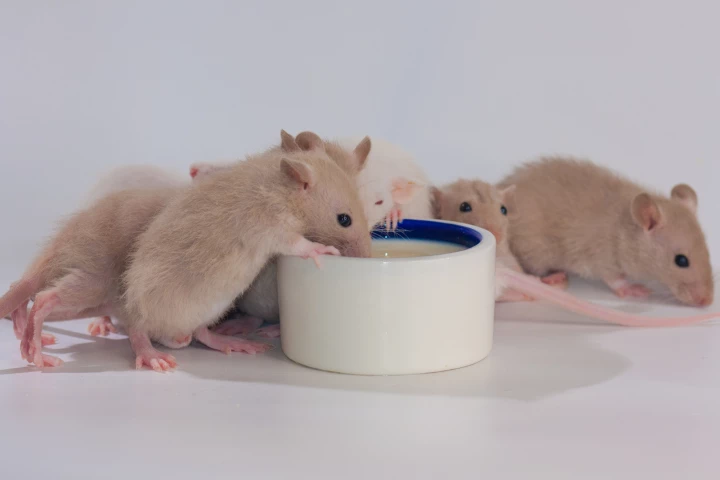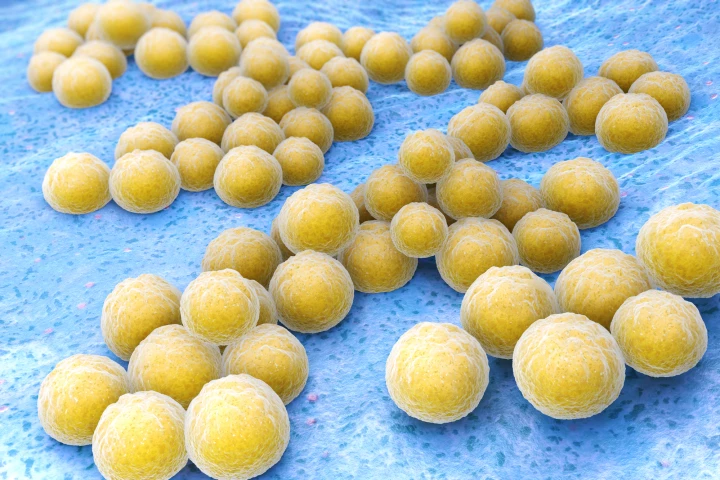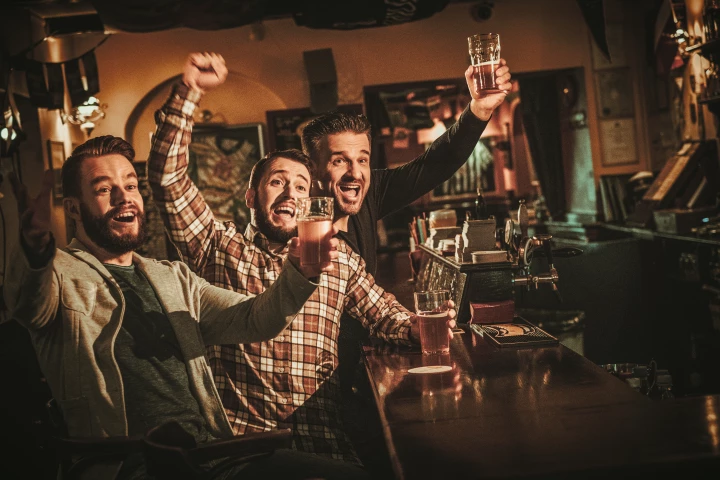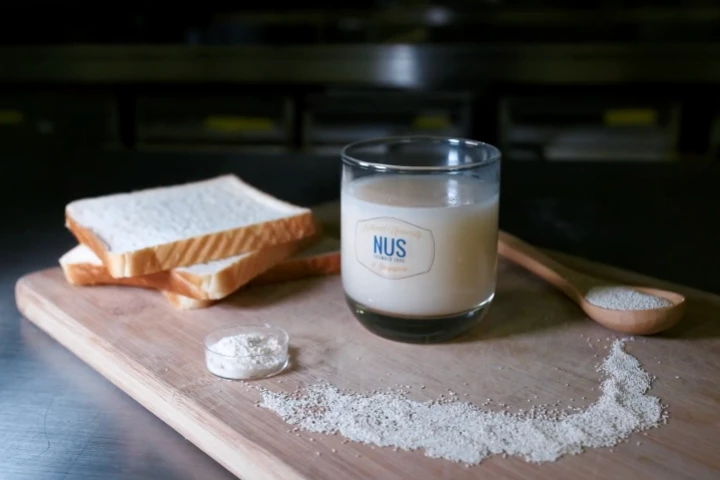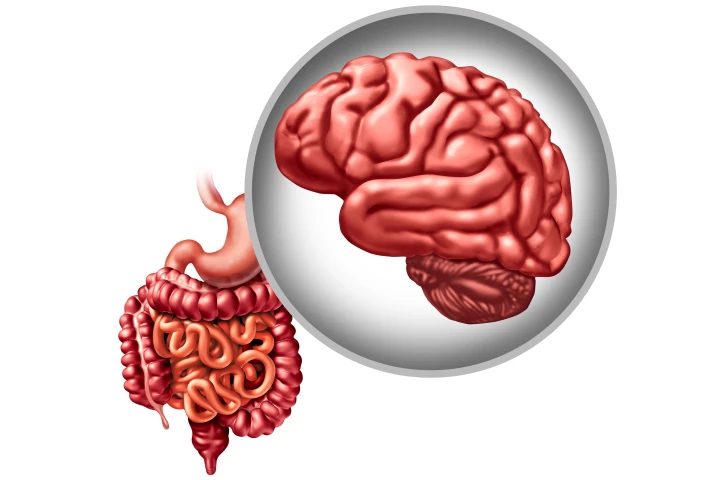Probiotic
-
Bizarre clumps of organic matter found buried alongside Bronze Age mummies in China have now been identified as cheese. New DNA analysis has finally solved a long-standing mystery, and it makes it the oldest cheese ever found, dating back 3,600 years.
-
Evidence has been building about the health benefits of probiotics. Now, new research has found that putting a tablespoon of honey on your yogurt helps the probiotics it contains to survive in the gut. It’s a win-win combination that’s both healthy and delicious.
-
Scientists have demonstrated in mice that specially designed probiotics can reduce brain inflammation from diseases like multiple sclerosis. The study points to new potential therapies for chronic conditions that may be as simple as popping a pill.
-
Researchers fed mice a probiotic designed to release an alcohol-metabolizing enzyme. Then they got them drunk. The results showed success in keeping the mice from getting too buzzed, and in helping them clear the alcohol from their systems faster.
-
Staphylococcus aureus is a common bacterium in humans, but it can turn nasty. A new clinical trial has shown that a probiotic can selectively cut populations of the bug in humans, reducing the risk of infection without the hazards of antibiotics.
-
A new Swedish "pre-drinking pill" went on sale in the UK today. Widely referred to as the "hangover pill," the optimistically-named Myrkl is claimed to break down alcohol before it reaches the liver, preventing the formation of toxic acetaldehyde.
-
While live probiotic bacteria produce many health benefits when ingested, the microbes have to get past your stomach and into your intestinal tract in order to be effective. An experimental new algae-based coating could soon help them do so.
-
It was just a couple of years ago that we heard how scientists had used soybean waste to produce a healthy (and supposedly tasty) probiotic drink. Now, they've done the same thing with unsold bread that would otherwise be discarded.
-
A new study is describing how a particular probiotic bacterium may have the ability to prevent the abnormal accumulation of a protein commonly associated with the neurological damage seen in Parkinson's disease.
-
A new study suggests food allergies can be triggered in infants by a lack of certain gut bacteria. As well as identifying which bacteria are key to protecting against the onset of food allergies, a subsequent mouse study revealed a specific probiotic cocktail can reverse pre-established allergies.
-
Can anxiety disorders be treated by simply altering a person’s microbiome? And if so, what is the best way to change one’s gut bacteria – simply altering a daily diet or consuming probiotics?
-
Probiotics have long been thought a force for good in the body, but there may be a gray area between good and bad bacteria. A mouse study conducted at Washington University in St. Louis has now found that probiotics can evolve in the gut, becoming less effective or even turning against the host.
Load More
